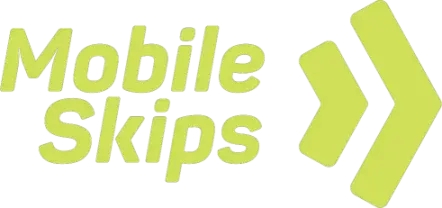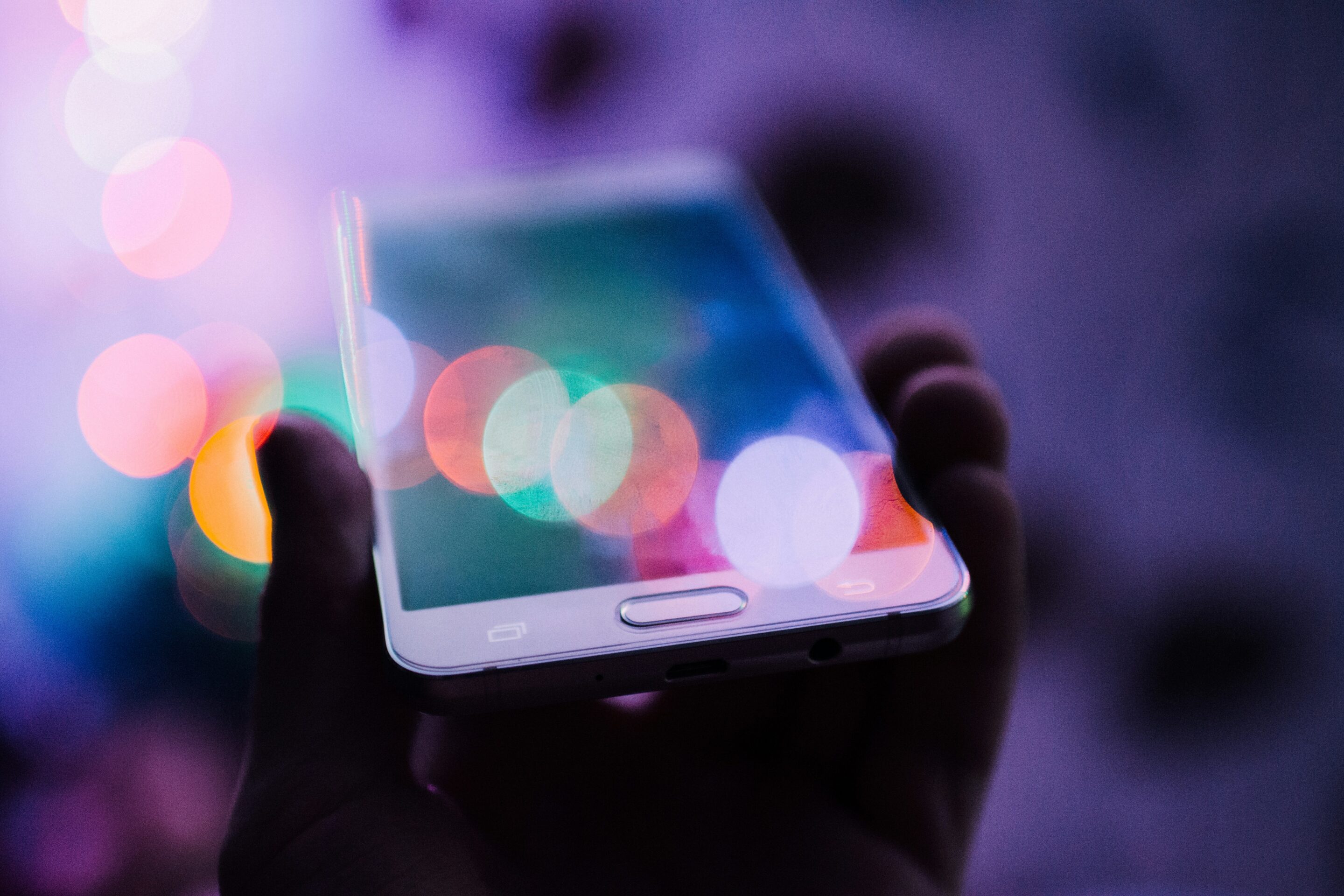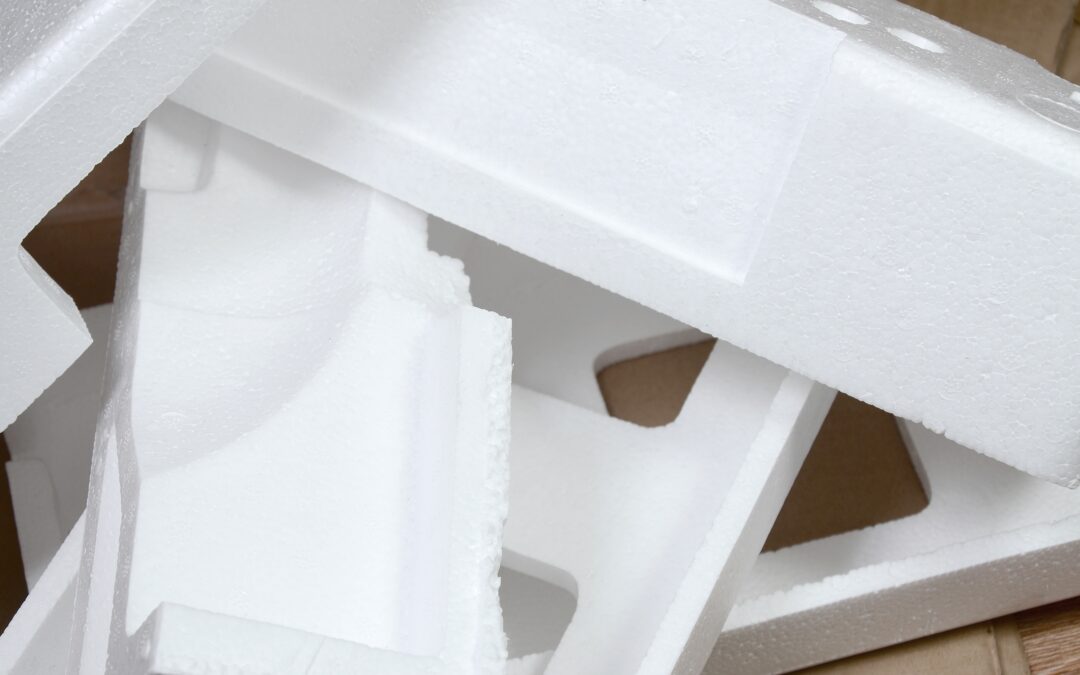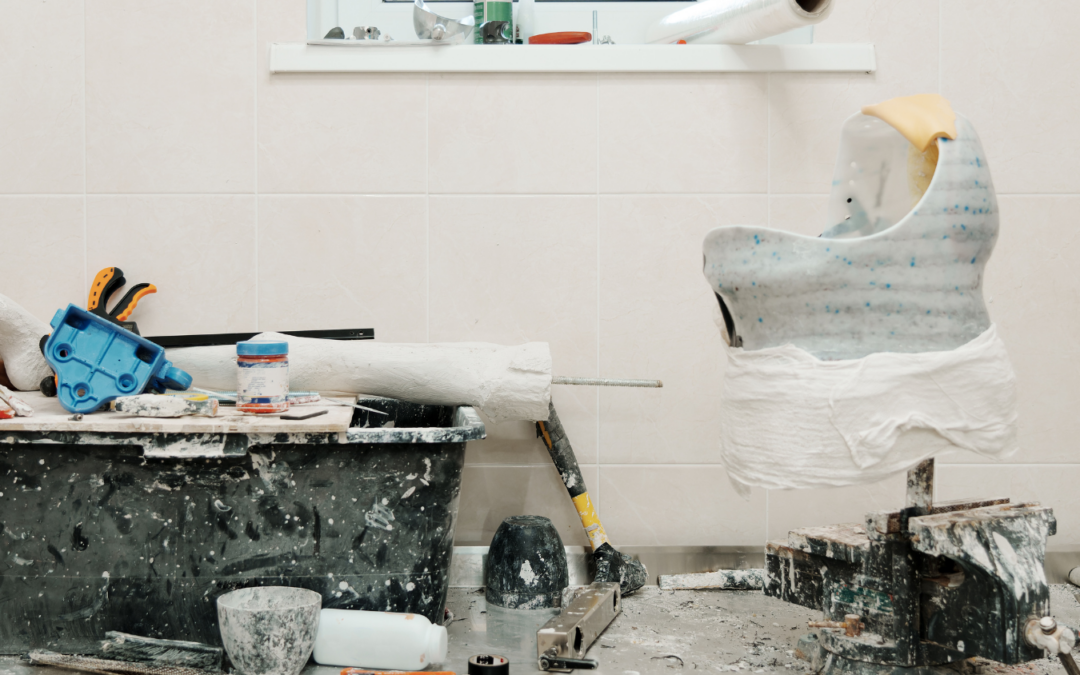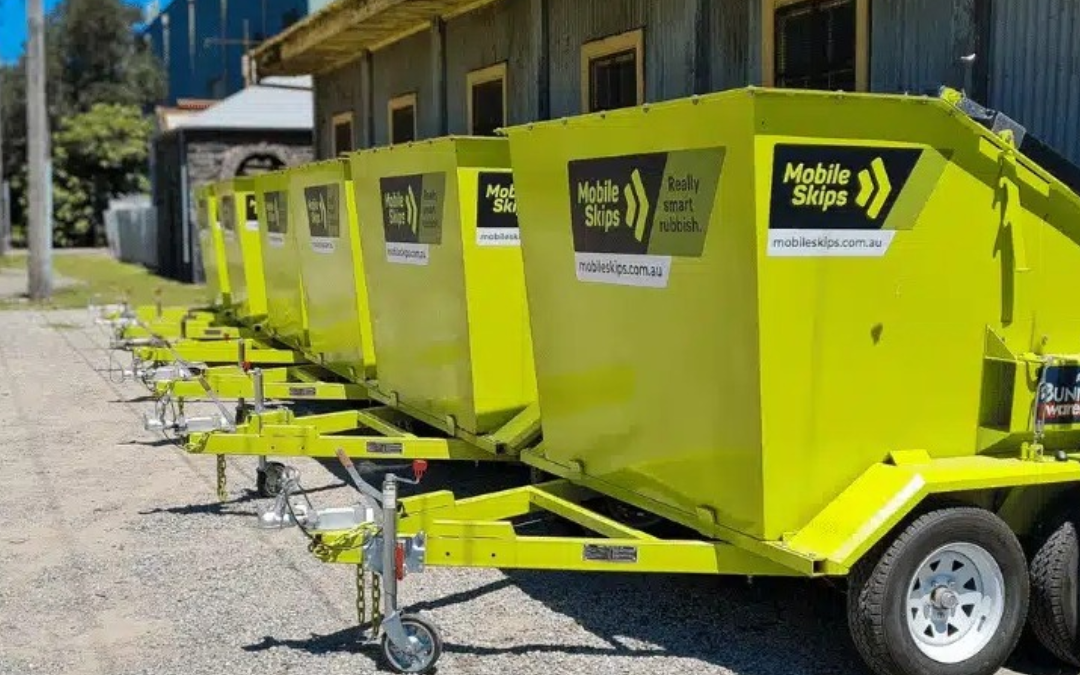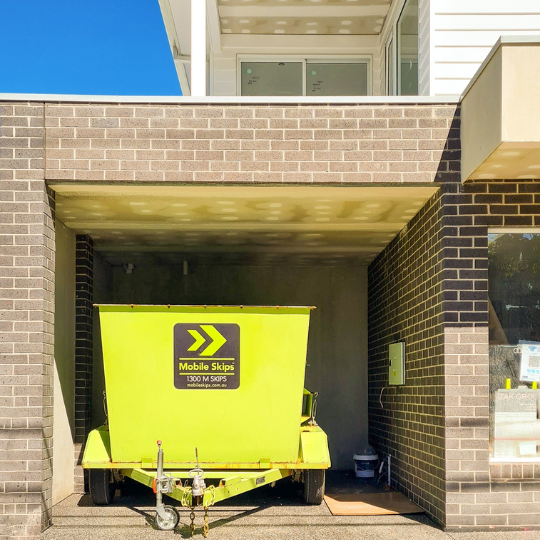The Benefits of Decluttering
Decluttering isn’t just about making more room in your home; it’s a game-changer for your mind and body. Let’s dive into how this simple practice can boost your mental and physical health.
Mental Health Impact
Clearing out your space can calm your mind, making you feel happier and more in control. According to WebMD, women who saw their homes as ‘cluttered’ or ‘unfinished’ had higher levels of cortisol, the stress hormone. On the flip side, those who described their homes positively felt less stressed.
Princeton University found that a tidy environment can help you focus better and get things done, which directly lifts your mood and reduces anxiety. Decluttering can also boost your self-confidence, making you feel more capable and in charge.
By getting into decluttering and digital organization, you’re not just cleaning up; you’re setting yourself up for a happier, more confident life.
Physical Health Benefits
Decluttering isn’t just good for your mind; it’s great for your body too. Getting rid of dust and allergens can help with asthma and allergies. Plus, a cleaner space can lower stress, which improves your overall health (Utah State University Extension).
A tidy home can also make you feel more energized and ready to take on new hobbies and better habits. It can even improve your relationships by creating a more peaceful environment.
Decluttering Challenges for Older Adults
Older adults often face unique hurdles when it comes to decluttering their homes. Over the years, they gather a mountain of stuff, making the process feel like climbing Everest. Understanding these challenges is the first step to overcoming them and achieving a more organized and peaceful living space.
Accumulation of Stuff
As you get older, you tend to collect more things, each with its own story and sentimental value. This can become a problem when it starts to impact your living space and quality of life. According to WebMD, many older folks are less likely to sell or give away items, with about one-third of people over 70 saying they hadn’t thrown out any possessions in the past year.
| Age Group | Percentage Not Discarding Possessions |
|---|---|
| Over 70 | 33% |
This attachment to stuff can lead to cluttered homes, making it tough to move around and keep things clean. If you’re finding it hard to start, try tackling small, manageable tasks first.
Difficulty in Letting Go
Letting go of possessions can be especially tough for older adults. Items often hold memories, and letting them go can feel like losing a part of yourself or your history. For some, this can even turn into hoarding, which affects about 2.5% of Americans and is marked by intense brain activity when thinking about discarding stuff.
People with hoarding disorder struggle not only with letting go but also with organizing and managing their belongings. Treatment options for those who find themselves unable to declutter due to hoarding tendencies include medications, therapy, and support groups.
If you’re having a hard time parting with your items, remember the mental health perks of decluttering, like increased happiness and reduced anxiety. You could also consider donating items to those in need, which can give you a sense of purpose and joy knowing your stuff will help others.
Decluttering is more than just a physical act—it’s about creating space to live the life you want. By facing these challenges head-on, you can take big steps towards a more organized and fulfilling environment.
Why Digital Decluttering Matters
Ever feel like your online life is a mess? Just like your physical space, your digital world can get cluttered too. Cleaning it up isn’t just about making things look neat; it can also help the environment and boost your well-being.
How Digital Clutter Hurts the Planet
Believe it or not, your digital habits can harm the environment. For example, using your smartphone for just one hour a day creates 172 grams of CO2 emissions. That’s more than the emissions from a flight between London and Paris over a year! And since most people spend about 2 hours and 24 minutes on social media daily, the environmental impact adds up fast (World Cleanup Day).
| Activity | CO2 Emissions |
|---|---|
| 1 hour of smartphone usage/day | 172 g |
| Annual flight from London to Paris | Comparable to 1 hour/day smartphone usage |
With over 4.33 billion social media users worldwide, the top 10 social media platforms alone generate 262 million tonnes of CO2e annually. That’s nearly 0.61% of global emissions, almost as much as the entire carbon footprint of Malaysia.
By cleaning up your digital life, you can help reduce this massive carbon footprint. Whether it’s unsubscribing from unused streaming services, deleting old files, or cutting back on social media, every little bit helps.
Perks of Going Digital Minimalist
Going digital minimalist isn’t just good for the planet; it’s good for you too. Social media can make you feel down, especially when you’re always comparing yourself to others. It can also wreck your attention span and invade your privacy.
Being a digital minimalist means being smart about what you consume online. It’s about cutting down on the constant updates, which saves energy and makes your digital footprint greener. Plus, it can make you more productive and give you a cleaner world to live in.
By practicing digital decluttering and organization, you’re not just helping the planet; you’re also reclaiming your time and focus. Understanding the impact of your digital habits and making greener choices can make a big difference. Plus, it can help you live a more intentional and fulfilling life.
Strategies for Decluttering
Decluttering isn’t just about tidying up your home; your digital life needs it too. Clearing out digital clutter can boost productivity and lower stress. Here’s how to get your digital files and devices in order.
Organizing Digital Files
Sorting out digital files might seem overwhelming, but a bit of planning can make it a breeze. Here’s the game plan:
- Consistent Naming: Stick to a clear naming system for your files. Use dates, project names, or version numbers so you can find what you need quickly. It’s like labeling your pantry jars—easy to spot what’s inside.
- Smart Cloud Storage: Choose cloud services with strong security. Control who can see and edit your files. Think of it as having a lock on your digital filing cabinet.
- Automate Management: Use tools that automatically sort and archive files. It’s like having a digital assistant who keeps everything in its place.
- Routine Clean-Up: Set a regular time to delete old files and organize the rest. Use email filters to keep your inbox tidy. It’s like spring cleaning, but for your computer.
Managing Digital Devices
Your gadgets can get cluttered too. Here’s how to keep them running smoothly:
- App Review: Go through your apps. If you haven’t used one in six months, ditch it. Free up space and keep only what you need.
- Sync and Update: Make sure all your devices are synced so you have the latest files everywhere. Regular updates keep your devices running like new.
- Decluttering Schedule: Set a schedule to update software, clear caches, and back up data. It’s like a regular tune-up for your car.
- Optimize Storage: Use cloud programs to manage emails and files. This frees up space and makes important data easy to find
By following these tips, you’ll master digital decluttering in no time.
Practical Decluttering Tips
Keeping your digital life tidy can be just as satisfying as organizing your physical space. Here are some down-to-earth tips to help you keep things in check.
Regular Email Cleanup
Your inbox can turn into a mess faster than you can say “spam.” Here’s how to keep it neat:
- Unsubscribe: Ditch those newsletters and updates you never read. It’s like taking out the trash.
- Create Folders: Set up folders for different categories or projects. This way, you can find what you need without digging through a mountain of emails.
- Set Rules: Use automation to send emails straight to the right folders. Less clutter, more sanity.
- Regular Review: Make it a habit to go through your inbox weekly. Delete the junk, archive the keepers.
A tidy inbox means a clear mind. For more tips on decluttering your digital life, check out our guides on decluttering and mental health and decluttering tips for beginners.
Cloud Storage Management
Cloud storage can be a lifesaver for managing digital clutter. Here’s how to make the most of it:
- Audit Files: Regularly go through your cloud storage and delete old or duplicate files. It keeps things simple.
- Folder Structure: Create a logical folder system. This makes finding files a breeze.
- Backup Essentials: Make sure your important stuff is backed up in the cloud. It’s like having a safety net for your data.
- Automation: Use the automation features in your cloud service to sort and manage files. It saves time and headaches (Forbes).
Sustainable Digital Practices
Going green with your digital habits isn’t just good for you—it’s good for the planet too. Let’s explore how cutting down on screen time and smart use of video conferencing can make a difference.
Cutting Down on Screen Time
Ever feel like your screen is sucking the life out of you? You’re not alone. Spending endless hours online can mess with your head and body, leading to stress, anxiety, and even relationship drama (Medium). By stepping away from your devices, you open up a world of more satisfying activities like gardening, cooking, or tackling decluttering and organizing projects around your home.
Plus, less screen time means a smaller digital carbon footprint. Streaming videos alone accounts for 1% of global emissions, and gaming in the US pumps out 24 megatonnes of carbon dioxide every year (Greeneration). So, by choosing to unplug, you’re also doing Mother Earth a solid.
Here are some tips to help you cut back on screen time:
- Schedule specific times for checking emails and social media.
- Pick up a hobby that doesn’t involve screens, like painting or reading.
- Spend more time outdoors to disconnect from digital devices.
The Upside of Video Conferencing
With remote work and online hangouts becoming the norm, video conferencing is now a big part of our lives. The good news? It’s way greener than meeting in person. Video calls produce just 7% of the emissions that traditional meetings do (Greeneration).
Being mindful of our digital carbon footprint is key. Here’s how you can make your digital habits more eco-friendly:
- Choose video calls over travel for meetings whenever you can.
- Turn off your video during calls if it’s not needed, as video streaming eats up more data and energy.
- Share documents digitally instead of printing them, to save paper and reduce waste.
By weaving these practices into your daily routine, you can enjoy the perks of decluttering and digital organization while also helping the planet. Whether it’s decluttering your home or being mindful of your online habits, every little bit helps.
